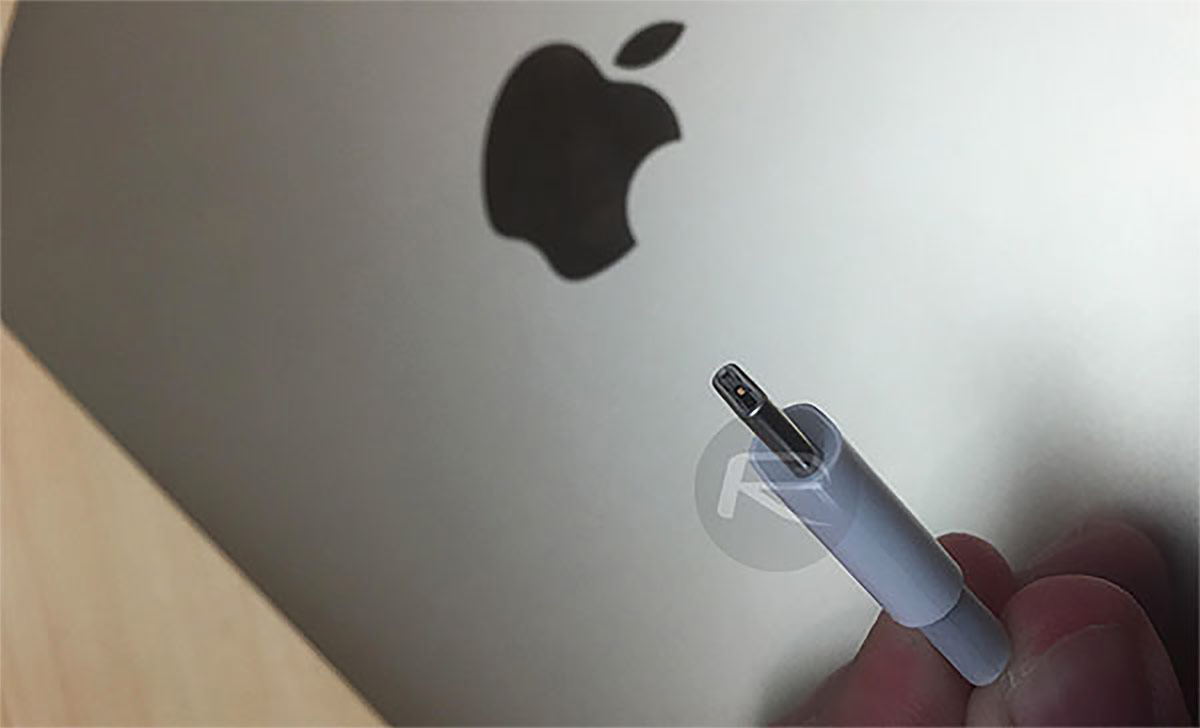Apple’s upcoming iPhone 15 series of devices is roundly expected to make the move from Lightning to USB-C at the behest of the European Union, but a new report suggests that there could be a catch.
We’d already heard rumors that Apple would continue its Made for iPhone (MFi) program even with USB-C cables, and now a new report adds fuel to the fire by saying that non-MFi cables could suffer from slower charging and data speeds as a result.

Leaker ShrimpApplePro, who has a decent record with these things, says that USB-C and MFi certification are both happening, saying that mass production of compatible EarPods is already underway at Foxconn factories. What’s more, the same leaker also goes on to say that cables that aren’t MFi-certified will “be software limited in data and charging speed.”
This follows a report by analyst Ming-Chi Kuo who had also suggested that the iPhone 15 and iPhone 15 Plus would only offer the same data transfer speed as Lightning, which is USB 2.0 speeds or 480Mbps. Those buying the iPhone 15 Pro or iPhone 15 Pro Max are expected to benefit from faster speeds, however.
But it isn’t yet clear how that will tie in with this new report by LeaksApplePro. Will customers have to buy an iPhone 15 Pro or iPhone 15 Pro Max and buy an MFi-certified cable in order to get faster-than-Lightning transfer speeds?
Cables w no MFI will be software limited in data and charging speed
— ShrimpApplePro 🍤 (@VNchocoTaco) February 28, 2023
With Apple expected to announce the iPhone 15 lineup this September, we can likely expect to see more leaks in the coming months that might answer that question.
You may also like to check out:
- Download: iOS 16.3.1 Final OTA File, IPSW Links Out Now
- How To Fix Bad iOS 16 Battery Life Drain [Guide]
- Jailbreak iOS 16.3.1 On iPhone And iPad Latest Status Update
- iOS 16 Compatible And Supported iPhone, iPad, iPod touch Devices
- iOS 16 Hidden Features: 100+ Changes Apple Didn’t Tell Us About
- Download: iPadOS 16.3 Final OTA File, IPSW Links Released
- Install macOS Ventura On Unsupported Macs Using OpenCore, Here’s How
You can follow us on Twitter, or Instagram, and even like our Facebook page to keep yourself updated on all the latest from Microsoft, Google, Apple, and the Web.

